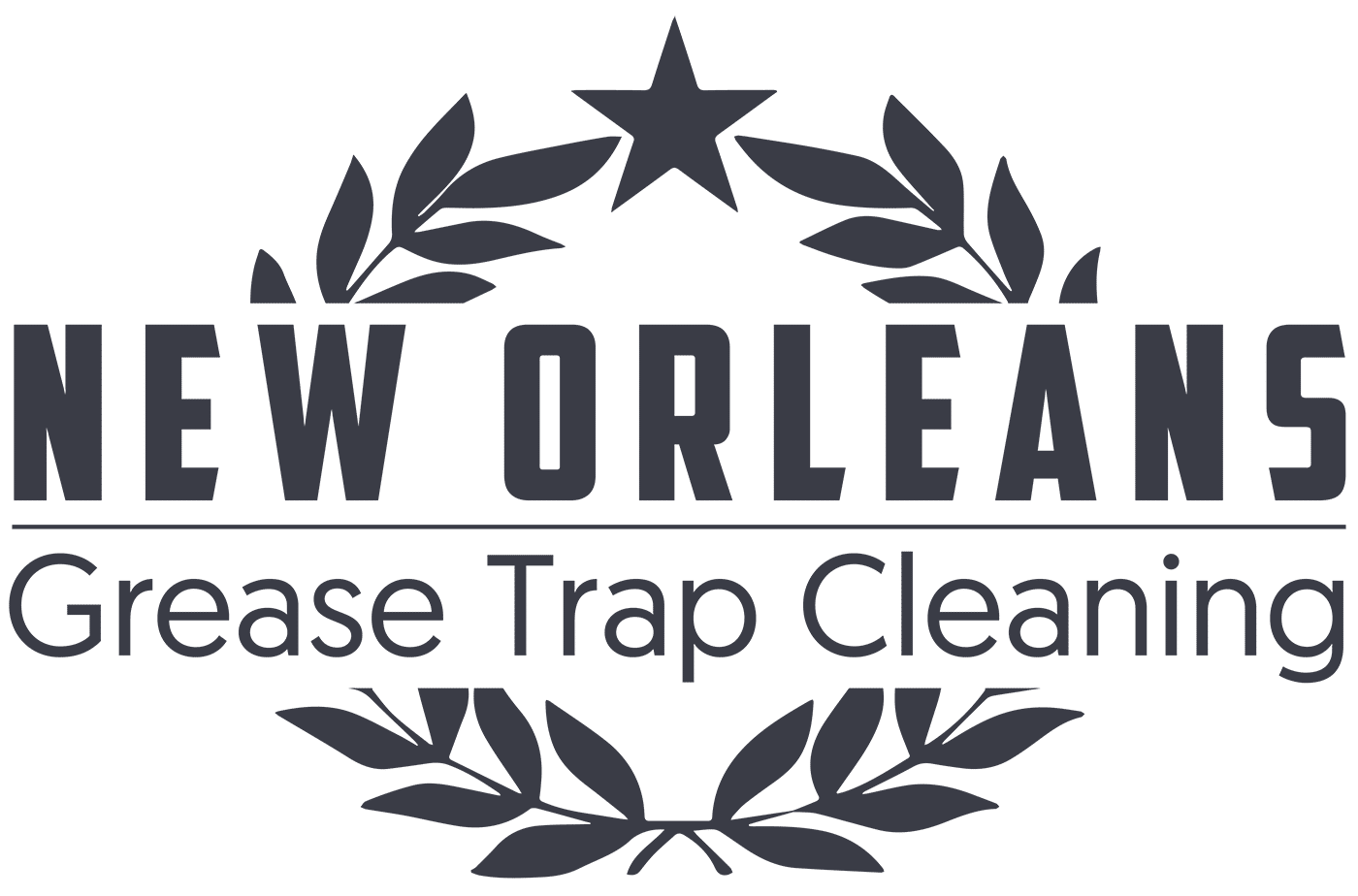Frequently Asked Questions
Why Work With Us?
We’re local. We’re certified by the New Orleans Sewerage & Water Board. We show up on time, and stay late when we have to. Our prices are competitive (and if we’re not the lowest, let us know, as we will work to match our competitor’s price in order to earn your business).
Should A Service Be Booked In Advance?
YES! Grease trap cleaning services should be regularly scheduled services. You should not wait until your grease trap is overflowing and your plumbing lines are backed up to call and schedule a service. We do offer Emergency Services, but there are extra fees associated with an emergency. So book your service on a regular basis and well in advance to ensure your grease trap operates as efficiently as possible.
Are Services Recurring?
Yes, service appointments are recurring based upon service frequency. Upon initial service of your grease trap, we will set up a service frequency in order to ensure your trap is always in good working order. Service frequency can be changed at any time.
How Much Is The Price Per Service?
The price of service depends on the service being rendered. Grease trap cleaning service fees generally range in cost from $125 to $625, and cost is based upon the size of the grease trap being serviced. High pressure water jetting of grease trap lines is $100 at the time of a grease trap service. Annual inspections for the S&WB of New Orleans is FREE to all RECURRING grease trap customers, and $100 for all NON-RECURRING customers.
How Do I Pay For A Service?
At New Orleans Grease Trap Cleaning and Cooking Oil Recycling we are a full merchant account. We can accept payment by any means available such as cash, check, credit or debit card, or money order. Payment is due upon services rendered in most cases, but we do offer payment terms with our regular, recurring, and scheduled customers.
Are Cooking Oil Recycle Bins Free?
Yes, we provide cooking oil containment bins completely free of charge. We service our bins weekly and | or bi-weekly, and provide you with efficient containment to ensure you have room for cooking oil disposal for a predefined time period. If you need a larger capacity bin due to an increased amount of cooking oil for disposal, then we will be happy to upgrade you to a larger and more suitable container.
How Do I Book A Service?
At New Orleans Grease Trap Cleaning and Cooking Oil Recycling we make the scheduling process as easy and convenient as possible. Appointments can be booked online, by email, or by calling us direct at 504-919-6699.
How Long Is An Average Service?
Average time of a grease trap service is about 45 minutes to an hour, depending on how bad the trap is and when it was last cleaned. High pressure water jetting of the lines within a grease trap generally takes about 20-30 minutes extra, again depending on the build-up within the lines. Annual S&WBNO inspections for FOG Ordinance 16.5 take about 30-45 minutes, and MUST be completed at the time of a grease trap service.
Do We Offer Emergency Services?
Yes, we do offer emergency services. Emergency service required within 48 hours of a booking will incur the following ADDITIONAL cost as applicable: $150 emergency fee during normal business hours, $175 emergency fee outside of normal business hours, $250 emergency on holidays. An additional emergency fee will be added to the normal fee for service, and all emergency service requests will need to be paid upon services rendered.
Is Cooking Oil Recycling Free?
Yes! Waste vegetable and used cooking oil recycling is completely free of charge, and in many cases we compensate our customers for each gallon of quality used cooking oil collected. There will be no fees associated with the containment, collection, or recycling of used cooking oil. However, if you intend on using our cooking oil recycling bins as a waste disposal can for griddle grease, BBQ fat drippings, lard, or any other similar waste, then we will charge to dispose of all non-cooking oil or waste vegetable oil liquid waste.
How Frequently Should A Trap Be Serviced?
A grease trap should be serviced (at minimum) every 90 days or 25 percent discharge into the city’s sanitary sewer system. Most grease traps and grease interceptors, if sized correctly, will range in service from 8 to 12 weeks. With that being said, service frequency of your grease trap depends on several factors, which will need to be discussed with your grease trap cleaning service provider.

